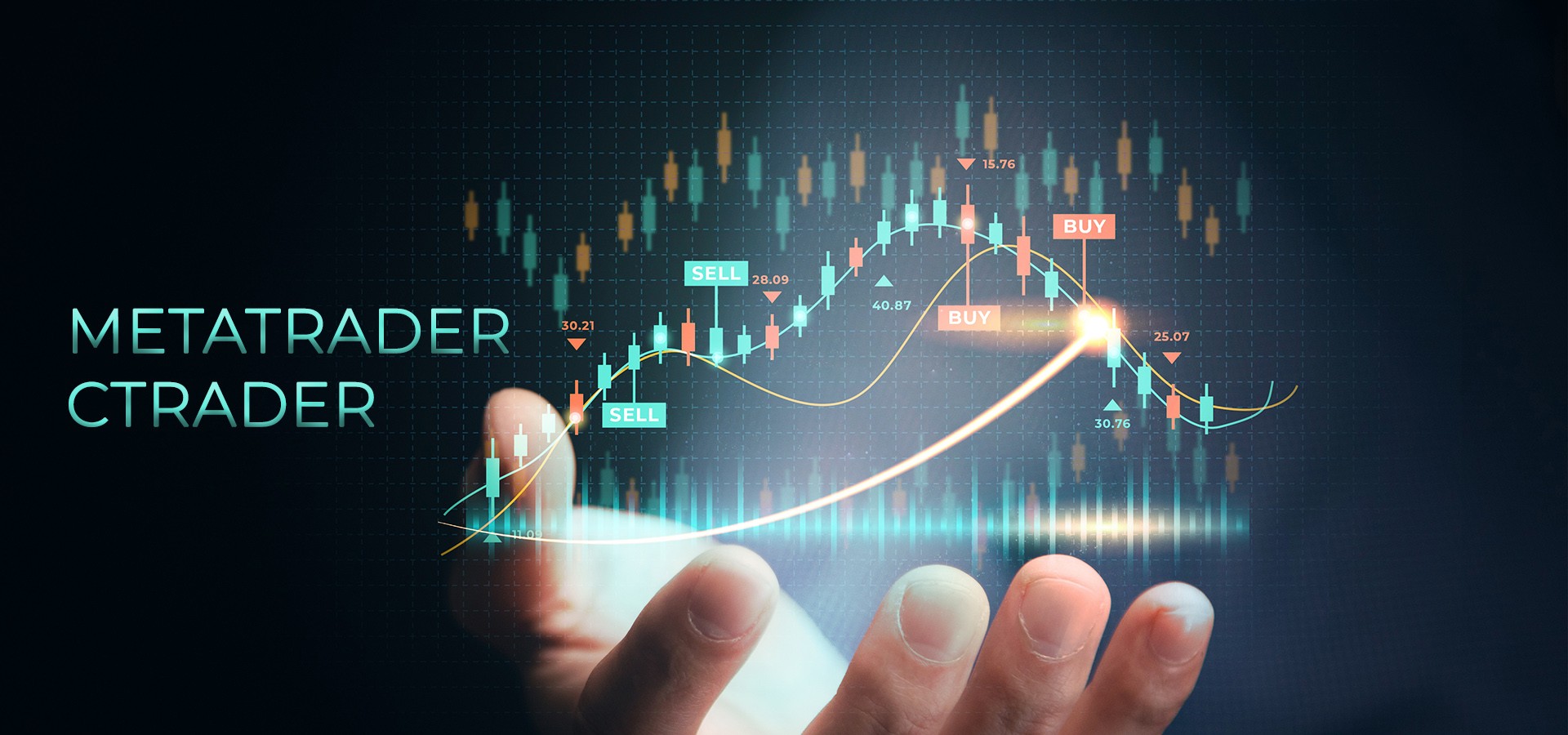
In the fast-paced world of online trading, having the right platform can make all the difference. Two popular choices among traders are MetaTrader and cTrader. Both offer a range of features and tools, but they also have their own unique characteristics. In this blog post, we'll delve into the nuances of each platform to help you determine which one might be the best fit for your trading needs.
MetaTrader, developed by MetaQuotes Software, has been a dominant force in the trading world for years. It's known for its robustness, user-friendly interface, and extensive customization options. MetaTrader comes in two versions: MetaTrader 4 (MT4) and MetaTrader 5 (MT5), each with its own strengths and weaknesses.
Algorithmic Trading: MetaTrader is renowned for its support of automated trading through expert advisors (EAs) and custom indicators. Traders can create or purchase EAs to execute trades automatically based on predefined criteria.
Technical Analysis Tools: MT4 and MT5 offer a wide array of technical indicators and charting tools, allowing traders to conduct in-depth analysis of price movements.
Marketplace: The MetaTrader marketplace provides access to a vast library of third-party indicators, EAs, and trading strategies, allowing traders to enhance their trading experience.
Backtesting: Both MT4 and MT5 offer robust backtesting capabilities, enabling traders to evaluate the performance of their trading strategies using historical data.
Community Support: MetaTrader boasts a large and active community of traders and developers, providing ample resources for learning and troubleshooting.
cTrader, developed by Spotware Systems, is a relative newcomer compared to MetaTrader but has gained a loyal following for its intuitive interface and advanced features. cTrader is a trading platform designed for both novice and experienced traders, with a focus on transparency and fair trading conditions.
Transparent Pricing: cTrader is known for its transparent pricing model, providing direct access to interbank liquidity with no dealing desk intervention. This can result in tighter spreads and faster execution for traders.
Depth of Market (DOM): cTrader offers a DOM feature, allowing traders to view the full market depth and place orders directly into the order book. This level of transparency can be advantageous for traders employing scalping or high-frequency trading strategies.
Advanced Charting: cTrader provides advanced charting capabilities with a wide range of technical indicators and drawing tools. The platform's charting interface is highly customizable, allowing traders to tailor their workspace to suit their preferences.
Algorithmic Trading: Similar to MetaTrader, cTrader supports algorithmic trading through the use of cAlgo, its integrated development environment (IDE) for creating and backtesting automated trading strategies.
Mobile Trading: cTrader offers native mobile apps for iOS and Android devices, allowing traders to stay connected and execute trades on the go.
When deciding between MetaTrader and cTrader, it ultimately comes down to your individual trading preferences and requirements. Here are a few factors to consider:
Trading Style: If you prefer algorithmic trading or rely heavily on technical analysis, MetaTrader's extensive features and large user base may be more suitable for you. On the other hand, if you prioritize transparency and direct market access, cTrader's DOM feature and transparent pricing model could be appealing.
Ease of Use: Both MetaTrader and cTrader offer user-friendly interfaces, but some traders may find one platform more intuitive than the other. It's worth exploring demo accounts of both platforms to see which one aligns better with your trading style.
Asset Classes: Consider the asset classes you plan to trade. While both platforms support forex, indices, commodities, and cryptocurrencies, you may find differences in the availability of specific instruments or markets.
In conclusion, both MetaTrader and cTrader are powerful trading platforms with their own strengths and weaknesses. Whether you're a beginner or an experienced trader, taking the time to explore and compare these platforms can help you make an informed decision that aligns with your trading goals. Remember, the best platform for you is the one that empowers you to trade confidently and efficiently.